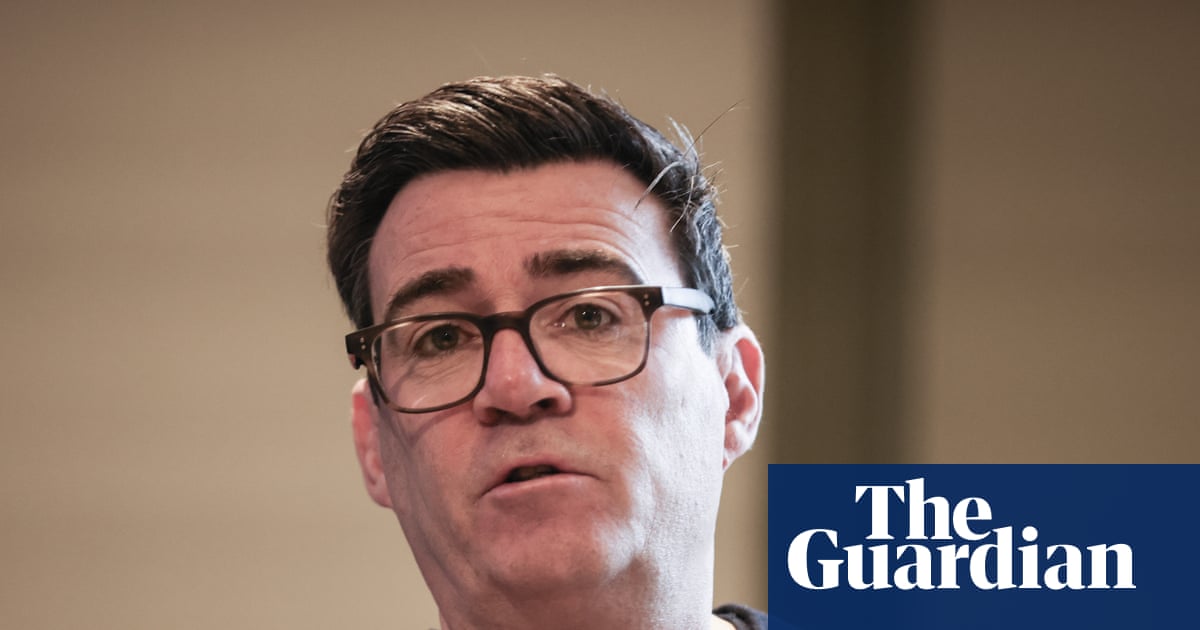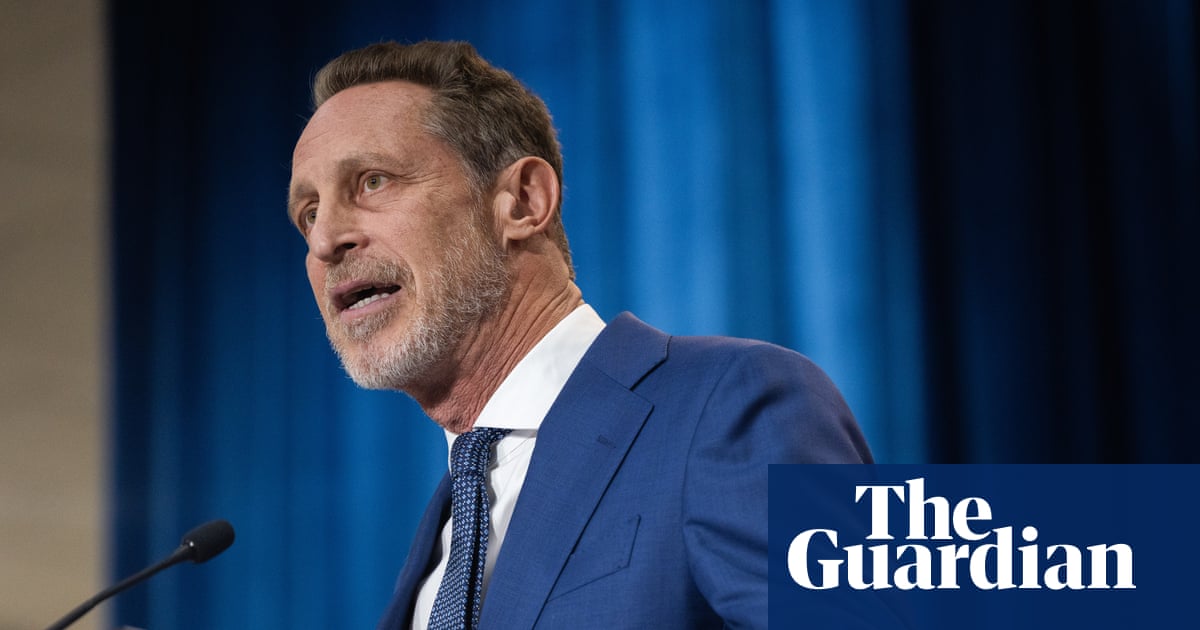Deductibles. In-network. Out-of-network. Concierge medical services. Out-of-pocket expenses. Co-payment. Co-insurance. Benefit advisers. Insurance brokers. Healthcare consultants. ACA. HMO. PPO. EPO. POS. HDHP. HSA. FSA. HRA. EOB. COBRA. SHOP. Single coverage. Dependent coverage. Premium tax credits.
Confused? You should be. Who understands all this stuff? Not the typical business owner. Nor the typical employee. Choosing the right healthcare insurance for our business – or for our families – seems like it requires a PhD in healthcare.
Our healthcare system isn’t just complicated, it’s expensive. According to a recent study from research firm KFF the average family pays $27,000 annually for their health insurance (up 6% from last year). The average employer health insurance cost is expected to surpass $17,000 per employee in 2026, a 9.5% jump from 2025.
Now the government is shut down because Democrats want to stop Republicans from axing tax credits that experts say will lead to a doubling of premiums for millions of Americans.
When will we seriously consider a national health insurance program here in America? I have to believe we’re getting closer because this can’t continue.
I’m not proposing national healthcare. I’m proposing that our already existing Medicare system – an insurance system – simply expand to cover everyone. Our infrastructure doesn’t change. The way our healthcare providers get paid changes. Trust me, they’ll adapt.
A national health insurance program would require contributions from both employees and employers. In the UK an employee making £60,000 (about $78,000) a year must contribute £3,211 ($4,174) to their healthcare (about 5.3%). Their employer must contribute £8,250 ($10,725 – or about 13.75%).
Does this seem like a lot? Not if you compare that with what the typical American pays. I can name a dozen clients off the top of my head who are easily contributing anywhere from 8% to 15% of their employee wages to their healthcare costs. And keep in mind that in the UK, those payments also cover state pension (like our social security), statutory sick pay, maternity leave and unemployment benefits in addition to funding government-run facilities. When you add in those costs compared with what we pay for our retirement plans, unemployment insurance and paid time off, the gap narrows.
In the US, a national health premium would increase our Medicare tax deduction, a system that is already in place. It should be means-based – those at higher income levels would pay more than those earning less. There would be both an employee and employer contribution. And, like much of our government’s military, IT, social programs and transportation services, the system should be outsourced to third-party administrators rather than a government office.
A national health insurance program would be a huge benefit for small businesses like mine. It would put us on a level playing field with our larger competitors who can afford better plans. It would make administration much easier (a payroll deduction remitted like social security and Medicare taxes, rather than separate payments to benefit firms and insurance providers).
It would make it easier for us to budget our yearly costs, rather than going through the complicated (and fruitless) theater of negotiating with the big insurance providers that we must do each year. Because it’s simplified, there would be a better understanding of coverage by our employees – as opposed to the current system where they have to decipher the complications of existing plans. And there would certainly be less liability for employers as we no longer would be privy to our employees’ health histories for purposes of weighing risks and alternative plans.
I’m as capitalist as they get. But I’ve learned that government has a significant role in our lives, from providing defense to funding needed infrastructure. Providing healthcare to all through a national insurance system strengthens our economy’s infrastructure. It’s a better, easier system for small businesses that employ more than half of the country’s workers and fund half of our GDP. It makes it possible for workers to be healthier, come to work more often and be more productive.
Are there a million considerations I’m not addressing? Of course there are. But with all the healthcare cost increases we’ve seen since 2012, it’s clear that the Affordable Care Act is not working very well. And I realize that we’re not a small, Scandinavian country where big changes are easier to implement. But expanding Medicare for all, even with the additional taxes that would be incurred, would still be a better and less expensive strategy for not only controlling healthcare costs but providing access to everyone.
As Americans, we need to tone down our own arrogance. Our healthcare system isn’t so great. We rank 15th and 69th among countries with the best healthcare in the world, according to two major studies. Yes … 69th! Maybe one bright spot in this healthcare subsidy-fueled government shutdown is that we take a hard look in the mirror and agree that big changes need to happen.

 2 months ago
44
2 months ago
44

















































